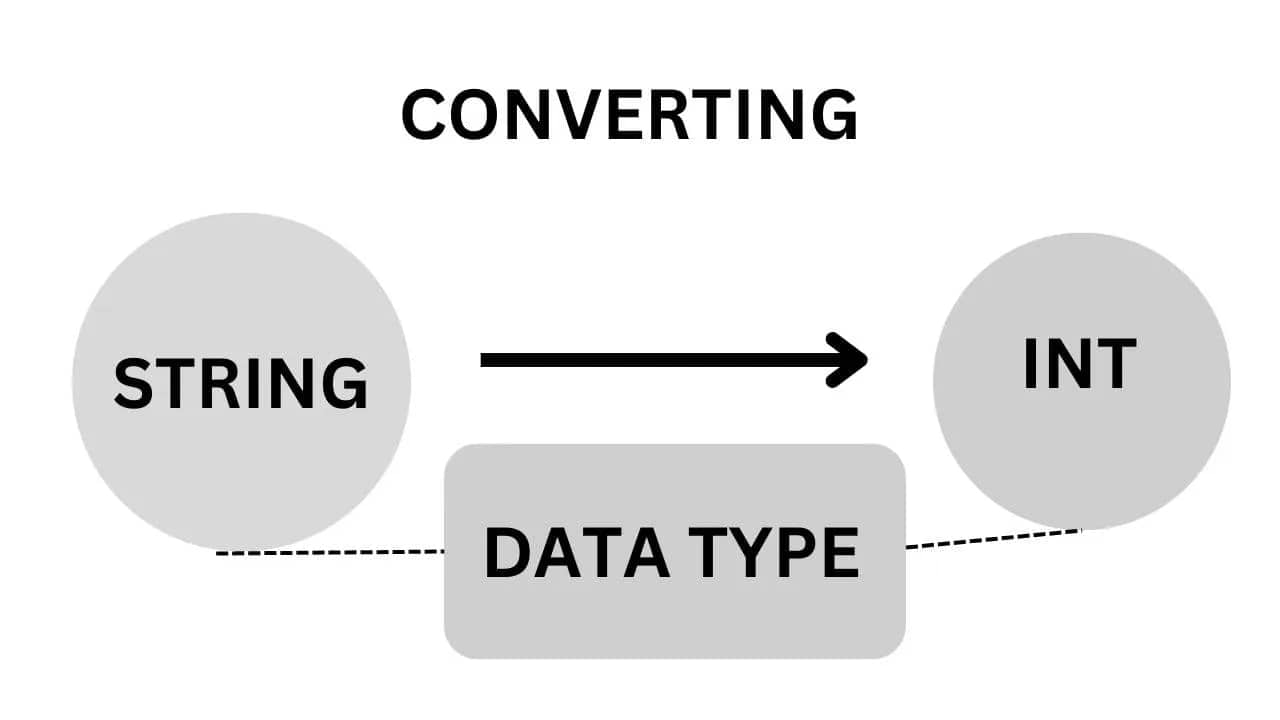In Java, variables are used to store data of different types, such as numbers, characters, or objects. Here are the main types of variables in Java:
- Primitive Variables:
- boolean: Stores either
trueorfalse. - byte: Stores whole numbers from -128 to 127.
- short: Stores whole numbers from -32,768 to 32,767.
- int: Stores whole numbers from -2,147,483,648 to 2,147,483,647.
- long: Stores whole numbers from -9,223,372,036,854,775,808 to 9,223,372,036,854,775,807.
- float: Stores fractional numbers with single-precision (32-bit).
- double: Stores fractional numbers with double-precision (64-bit).
- char: Stores a single character, such as ‘a’ or ‘$’.
- boolean: Stores either
- Reference Variables:
- String: Stores a sequence of characters.
- Arrays: Stores a fixed-size collection of elements of the same type.
- Objects: Stores instances of user-defined classes.
Variables in Java have a specific type, which must be declared before they can be used. Here’s an example of declaring and initializing variables:
javaCopy codeint age = 25; // declaration and initialization of an integer variable
double pi = 3.14159; // declaration and initialization of a double variable
String name = "John"; // declaration and initialization of a string variable
boolean isStudent = true; // declaration and initialization of a boolean variable
Once a variable is declared, its value can be updated or reassigned using the assignment operator (=):
javaCopy codeage = 30; // updating the value of the age variable
name = "Jane"; // updating the value of the name variable
isStudent = false; // updating the value of the isStudent variable
It’s important to note that Java is a statically typed language, which means that variable types are explicitly declared and checked at compile-time.


